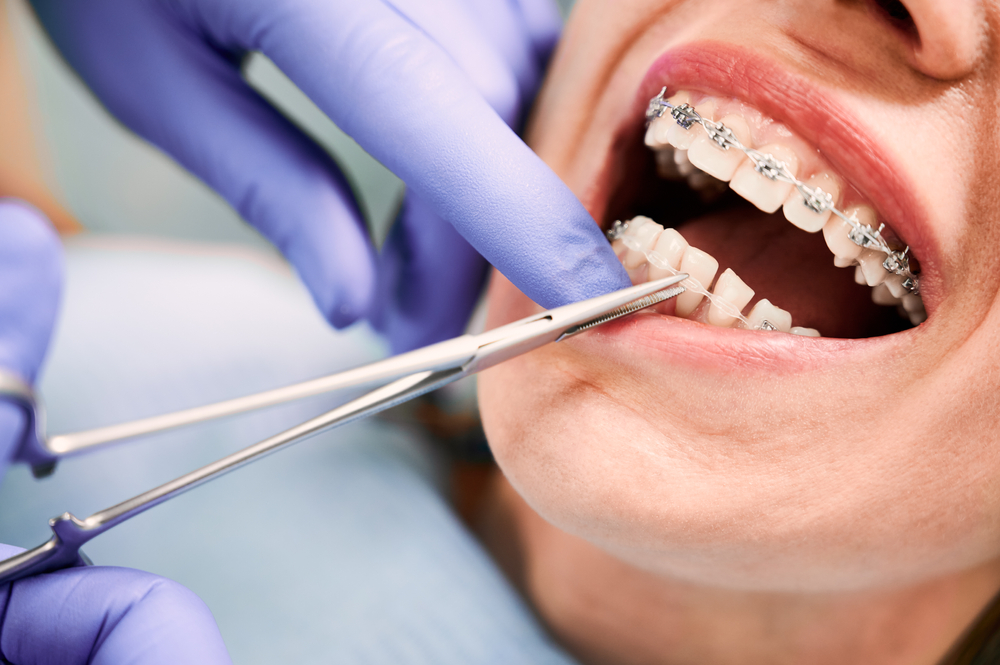Understanding dental care can be a bit overwhelming, especially when faced with decisions like whether to consult an orthodontist or a regular dentist for specific issues. At Ahava Orthodontics, we recognize the importance of making informed choices for your dental care. Every dental professional plays a crucial role in oral health, but the distinction between a general dentist and an orthodontist is often blurred in the public’s eye.
While all orthodontists are trained dentists, the inverse is not true; only a small fraction of dentists undergo the rigorous additional training to become orthodontists. As you contemplate the best avenue for your dental concerns, Ahava Orthodontics aims to provide clarity on the roles and expertise of these two distinct professions.
Orthodontists Receive Special Training
Orthodontists undergo an intensive training regimen beyond dental school. This additional 2-3 years of specialized education equips them with advanced knowledge and techniques to address malocclusions, bite issues, and other structural concerns of the jaw and teeth. Their expertise is rooted in understanding the intricacies of tooth movement and facial development.
Orthodontists are Better Suited for Customized Treatments
Given their specialized training, orthodontists possess the expertise to craft customized treatment plans tailored to individual needs. From traditional braces to modern clear aligners, they evaluate the unique nuances of each patient’s dental structure, ensuring optimal results and efficient treatment durations.

Can General Dentists Administer Orthodontic Treatments?
While general dentists might offer basic orthodontic solutions, their training in orthodontics is limited compared to certified orthodontists. It’s similar to a general physician providing care versus a cardiologist for heart-related ailments. For comprehensive orthodontic treatments, the depth of knowledge an orthodontist brings is unparalleled.
Orthodontist or Dentist, Who Is Better Equipped to Treat Kids?
The American Association of Orthodontics suggests children see an orthodontist by the age of seven. Early consultations allow orthodontists to gauge potential dental development issues, offering insights into future orthodontic needs. While regular dental check-ups are paramount for oral health, an early orthodontic assessment can provide preventive strategies, potentially minimizing future interventions.
Role of the General Dentist in Orthodontic Treatment
General dentists play an essential role in maintaining overall oral health. They focus on routine check-ups, cleanings, fillings, and other general dental needs. While they might offer basic orthodontic solutions, their primary role isn’t to address alignment or bite issues but to ensure good oral hygiene and address common dental problems.
Orthodontist vs. General Dentist — Who Should You Choose?
The decision boils down to the specific dental concern at hand. For routine cleanings, fillings, or general oral care, a general dentist is apt. However, for issues related to teeth alignment, jaw irregularities, or specialized orthodontic treatments, an orthodontist’s expertise is indispensable. Remember, your dental health is an investment, and making informed decisions is crucial. Ahava Orthodontics in Fort Worth stands ready to assist, ensuring you receive the best care tailored to your needs.




